Developing enquiries
In the EYFS this needs to be kept simple and activities should carefully build on previous learning. Read more
Sort by:
Date (Newest first) | Title A-Z
Show:
All |
Articles |
Podcasts |
Multipage Articles
-
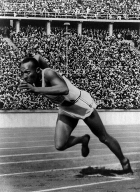
From Champion to Hero: Engaging Pupils in a study of significant Olympians
ArticleClick to view -

From Home to the Front: World War I
ArticleClick to view -

HA Enquiry Toolkit
ArticleClick to view -
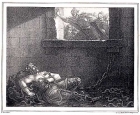
Here come the Vikings! Making a saga out of a crisis
ArticleClick to view -
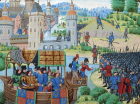
How can we teach about medieval Britain in primary schools?
ArticleClick to view -

Ideas for Assemblies: Refugee stories
ArticleClick to view -

Implementing the 2014 curriculum in Year 2
ArticleClick to view -

In My View: Creativity & History
ArticleClick to view -

Learning about the past through toys and games
ArticleClick to view -

Learning about the past through ‘ourselves and our families’
ArticleClick to view -

Local History and the 2012 Olympics
ArticleClick to view -
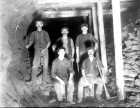
Local history and a sense of identity
ArticleClick to view -
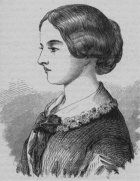
OFSTED, primary history and creativity
ArticleClick to view -

Planning for 'Changes within Living Memory'
ArticleClick to view -
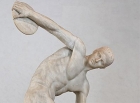
Primary History and planning for teaching the Olympics - four curricular models
ArticleClick to view -
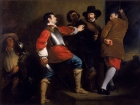
Resourcing primary history: How to avoid going for any old thing
ArticleClick to view -

Sarah Forbes Bonetta: Scheme of Work
ArticleClick to view -

Scheme of work: Local history – the story of our High Street
ArticleClick to view -

Scheme of work: Significant historical events, people and places in their own locality
ArticleClick to view -
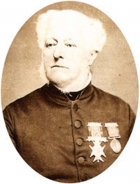
Shropshire's Secret Olympic History
ArticleClick to view

